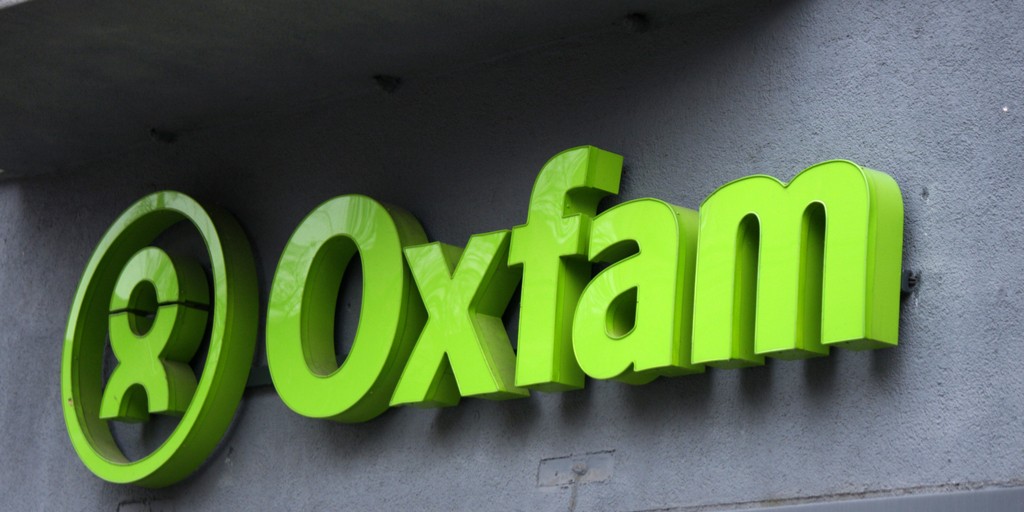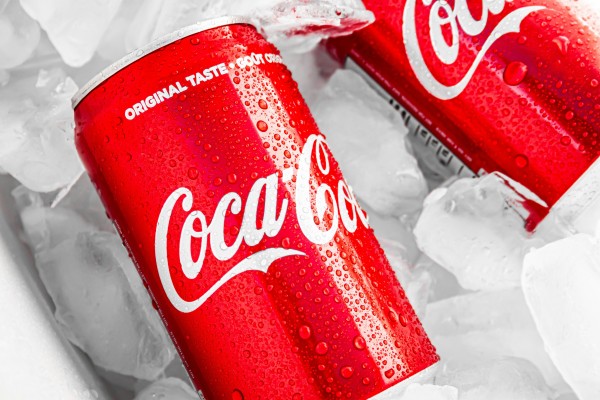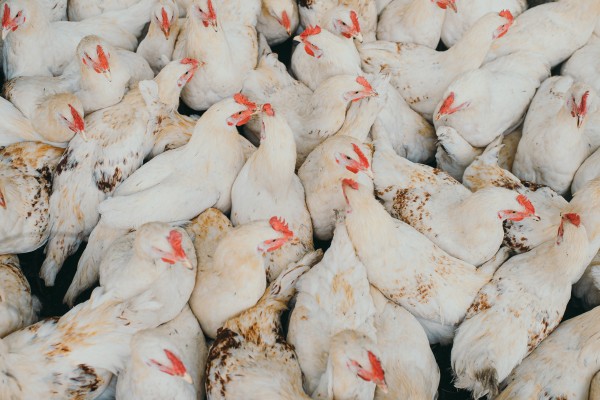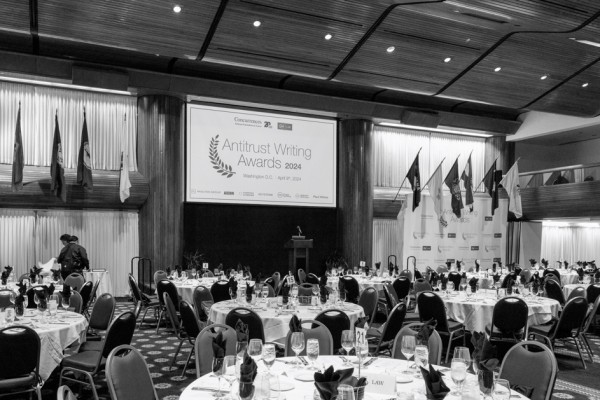South Africa is still the most unequal country in the world, while Oxfam estimates it will take 230 years to end global poverty at current rates.
South Africa remains the country with the highest level of inequality in the world, according to a report by the international humanitarian organization Oxfam, published in conjunction with the World Economic Forum taking place in Davos (15-19 January).
The country’s billionaires’ combined wealth has increased by a third since 2020, while the bottom 99 percent have become poorer. The country’s four richest billionaires have as much wealth as the bottom 60 percent of the population (36 million people).
The situation is similar at the global level: the world’s five richest men have more than doubled their fortunes from $405 billion to $869 billion since 2020 —at a rate of $14 million per hour— while nearly five billion people have been made poorer. If current trends continue, the world will have its first trillionaire within a decade, but poverty will not be eradicated for another 229 years.
The report also says that Africa’s richest 1 percent own nearly half of the continent’s total financial wealth. A tax of up to 5 percent on Africa’s super-rich could generate an annual amount of $11.9 billion, nearly enough to pay for the 2023 humanitarian requirements for Eastern and Southern Africa.
Oxfam urges a new era of public action, including public services, corporate regulation, breaking up monopolies and enacting permanent wealth and excess profit taxes.
Oxfam called to reduce the gap between poor and rich people by reining in corporate power, including by breaking up monopolies and democratizing patent rules. Oxfam also believes that legislating for living wages, capping CEO pay, new taxes on the super-rich and corporations and equal access to education and health care would help reduce inequality.
“Monopolies harm innovation and crush workers and smaller businesses. The world hasn’t forgotten how pharma monopolies deprived millions of people of COVID-19 vaccines, creating a racist vaccine apartheid, while minting a new club of billionaires,”
said Oxfam International interim Executive Director Amitabh Behar. He urged governments to be proactive and noted that there is action that lawmakers can learn from — "from US anti-monopoly government enforcers suing Amazon in a landmark case, to the European Commission wanting Google to break up its online advertising business, and Africa’s historic fight to reshape international tax rules.”
IOL quotes Nicholas Shaxson, an economist with the Balanced Economy Project, who commented on the Oxfam report. He noted that South Africa, which has some of the best competition laws that contains progressive ideas, was making a push towards creating greater economic participation by historically disadvantaged persons as part of considerations in merger decisions.
“However, these positive steps are hampered where there are high levels of corporate concentration and barriers of entry to markets. Enforcement has been difficult in light of powerful forces opposing change, which is no small concern in a country facing extreme levels of racialised concentration,”
noted Shaxson.




